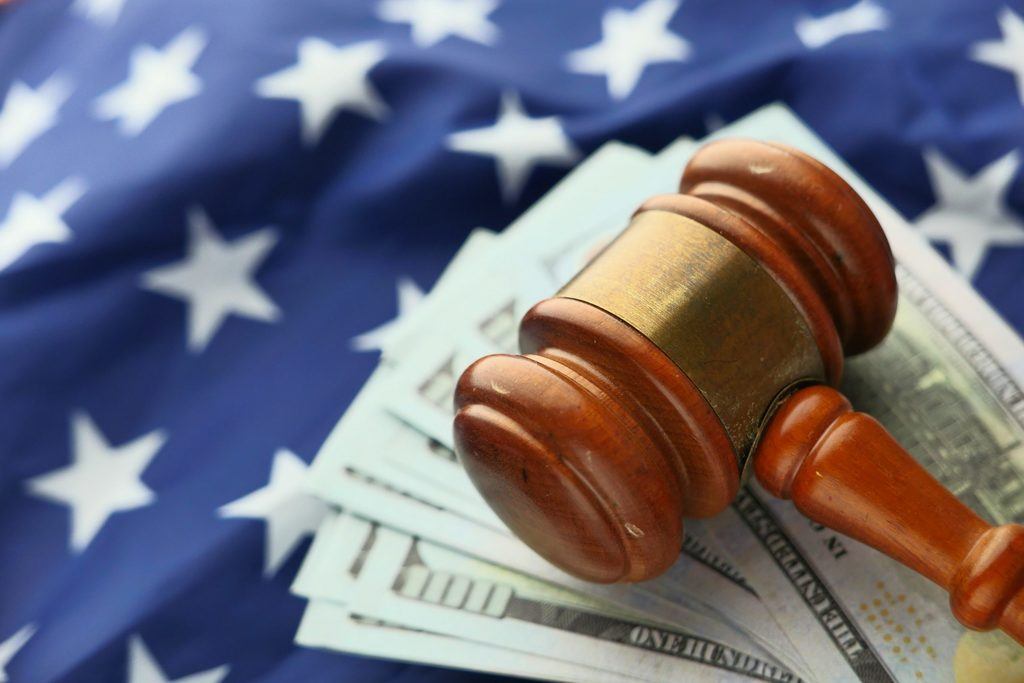- Home »
- All articles by Jonathan Friedland
About Jonathan Friedland
Articles by Jonathan Friedland
Being an unsecured creditor is not an enviable position. How must unsecured creditors conduct themselves to mitigate the risks associated with distress?
In this installment we introduce you to the UCC generally, focusing on Article 9 to illustrate its importance in the context of business distress.
A Series on the ABCs of ABCs, when it comes to claims there’s a plethora of them. From secured to unsecured, to bankruptcy and trade. Read all the basics in this installment of Dealing with Corporate Distress. This Installment covers how to protect you claim in a bankruptcy case.
A Series on the ABCs of ABCs, when it comes to claims there’s a plethora of them. From secured, to unsecured, to bankruptcy, and trade. Read all the basics in this installment of Dealing with Corporate Distress. This Installment expands on the complexity of claims and claim priority in bankruptcy.

Assignee Unknown: The Curious Cases of SmartLabs, Shine Bathroom Technologies, Liftopia, GlassPoint, SolarReserve, Maker Media, & Toymail
A curious mystery unraveled. Learn about the significant aspects of an Assignment for the Benefit of creditors, and why knowing the Assignee is important.
You just won a hard-fought trial and obtained a money judgment against a corporate defendant. But how do you go about enforcing a judgement? You may need a collection lawyer to navigate difficult judgment debtors.
A Series on the ABCs of ABCs, when it comes to claims there’s a plethora of them. From secured, to unsecured, to bankruptcy, and trade. Read all the basics in this installment of Dealing with Corporate Distress.
The ABCs of ABCs, Business Bankruptcy & Corporate Restructuring/Insolvency In this installment, we take you on a tour of the time leading up to the filing of a chapter 11 case and the days that immediately follow. Mostly, we’re referring to first day motions. Before we dive into first day motions, however, you should understand that a debtor and its professionals are typically doing many other things immediately before and after they file a chapter 11 petition. For example: Continuing to explore alternatives to chapter 11 Negotiating with various parties […]

Dealing with Corporate Distress 07: Chapter 11 is Not Always the Answer: Strategic Alternatives For and Against Distressed Businesses
The ABCs of ABCs, Business Bankruptcy, & Corporate Restructuring/Insolvency In Installment 5, we walked through the lifecycle of a hypothetical traditional chapter 11, and in Installment 6 we discussed key concepts you must comprehend in order to understand any chapter 11 case. Now we pull the camera back and turn our focus away from chapter 11 specifically, to look more broadly at the options available to a company (that is, a “debtor”) and to its various constituents (e.g., creditors and equity owners) when that company is experiencing financial distress so […]
The ABCs of ABCs, Business Bankruptcy, & Corporate Restructuring/Insolvency In the last two installments of this series, we introduced you to things a company should consider before deciding whether to file chapter 11, and a timeline for understanding how a “typical” chapter 11 case proceeds. In this quick little ditty, we want to make sure you understand four concepts that permeate every chapter 11 case except, perhaps, a prepack. 1. The Automatic Stay When a bankruptcy case is filed, an “automatic stay,” is triggered under Bankruptcy Code § 362. The automatic […]









